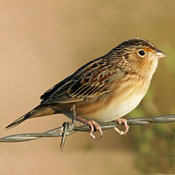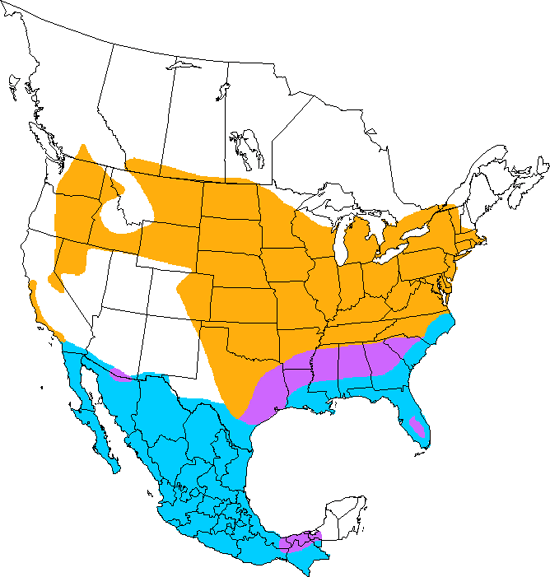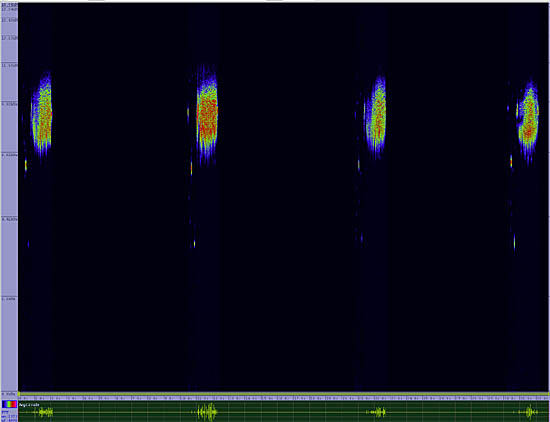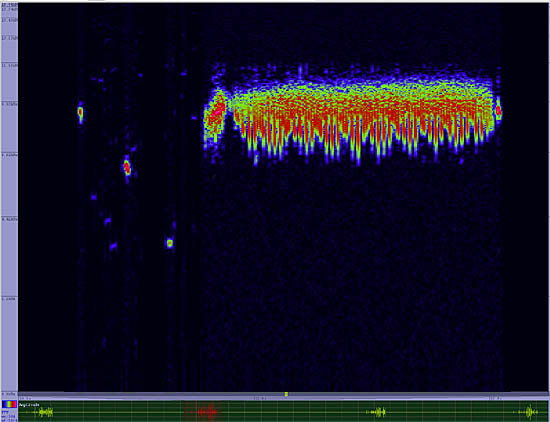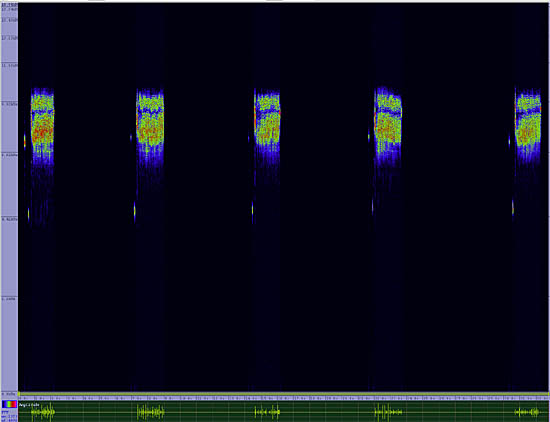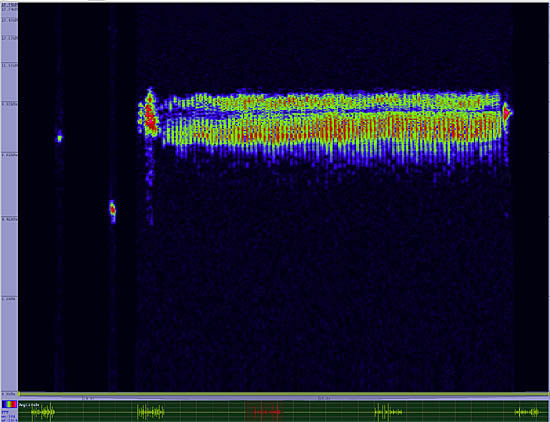The four-digit banding code is GRSP.

Perching
Grasshopper Sparrow
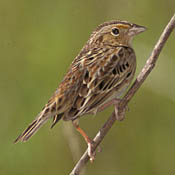
Length: 5 in. (13 cm )
View Citation
Bibliographic details:
- Article: Grasshopper Sparrow
- Author(s): Dr. Biology
- Publisher: Arizona State University School of Life Sciences Ask A Biologist
- Site name: ASU - Ask A Biologist
- Date published: July 13, 2017
- Date accessed: November 17, 2024
- Link: https://askabiologist.asu.edu/activities/bird/grasshopper-sparrow
APA Style
Dr. Biology. (2017, July 13). Grasshopper Sparrow. ASU - Ask A Biologist. Retrieved November 17, 2024 from https://askabiologist.asu.edu/activities/bird/grasshopper-sparrow
Chicago Manual of Style
Dr. Biology. "Grasshopper Sparrow". ASU - Ask A Biologist. 13 July, 2017. https://askabiologist.asu.edu/activities/bird/grasshopper-sparrow
Dr. Biology. "Grasshopper Sparrow". ASU - Ask A Biologist. 13 Jul 2017. ASU - Ask A Biologist, Web. 17 Nov 2024. https://askabiologist.asu.edu/activities/bird/grasshopper-sparrow
MLA 2017 Style
Be Part of
Ask A Biologist
By volunteering, or simply sending us feedback on the site. Scientists, teachers, writers, illustrators, and translators are all important to the program. If you are interested in helping with the website we have a Volunteers page to get the process started.







